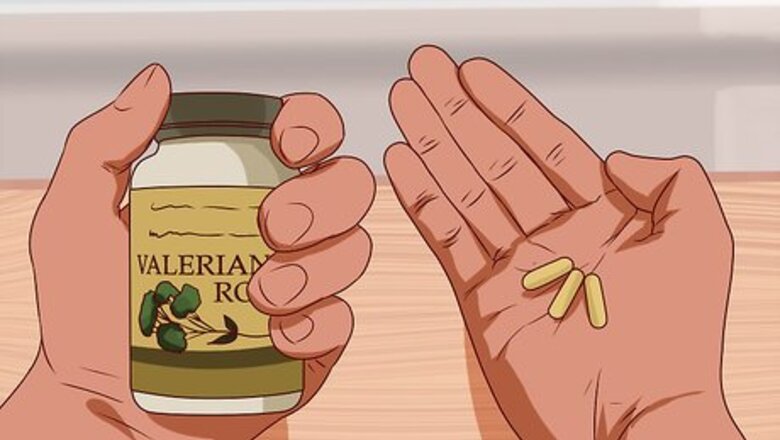
views
Taking Valerian Root
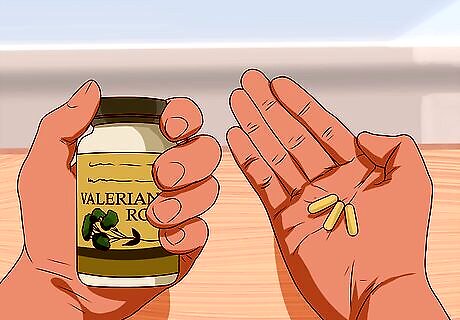
Choose an appropriate type of Valerian. The most common form is valerian officinalis, and it is best to stick with this form, as it has been studied far more than the other types. It is mostly safe unless you are allergic to valerian or are taking a drug that interacts with valerian.
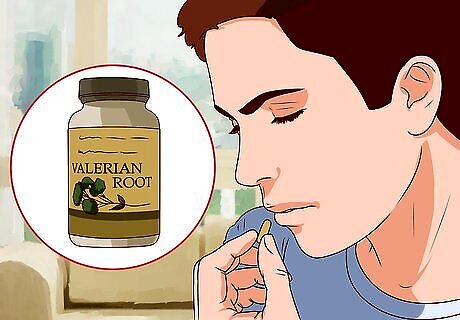
Start with a moderate dosage. For capsules, this is around 400 to 900 milligrams. You can also take in tea form (2 to 3 grams) or as a tincture in warm water (20 to 60 drops). If you don't notice an effect immediately, don't increase the dosage, as the amount is likely not the problem. You can also take it as a tea, using a teaspoon of dried valerian root in a cup of boiling water.
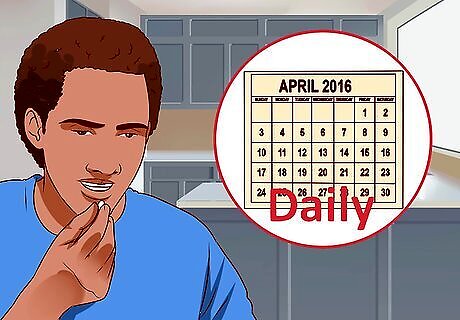
Take regularly for several weeks. It can take awhile for valerian to take effect, so waiting it out is the best method as long as you're not having any adverse reactions. It can take several weeks for valerian to have a positive effect on anxiety.
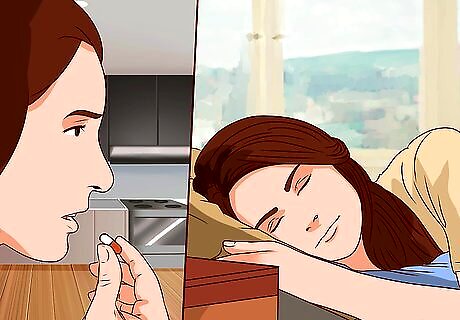
Take valerian root right before bed. As it is a sedative, it is best to take it in the evening, so it doesn't affect your day too much, especially if you need to drive early in the day. Taking it 30 minutes to two hours before bed is good as it gives the root time to work as a sleep aid, as well as decreasing anxiety.
Watching for Side Effects

Watch for signs of an allergic reaction. If you develop a rash or have trouble breathing while taking valerian, you should stop immediately. You should also consult a doctor. An allergic reaction can be very serious, so don't take any chances.
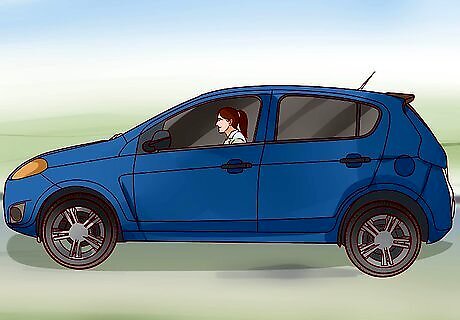
Don't drive or operate heavy machinery after taking valerian root. As valerian is a sedative it can affect your ability to handle heavy machinery, and can make you very drowsy. It is best to take it right before bed, as it is considered a sleep aid as well.
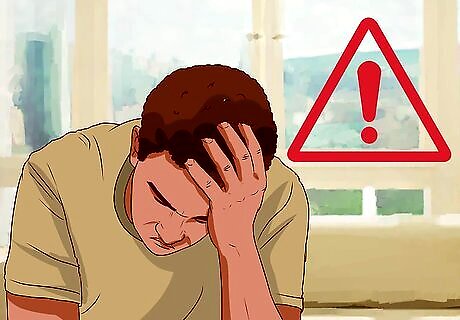
Watch for signs of increased anxiety. Unfortunately, for some people, valerian root can actually increase anxiety. Some of the potential side effects include increased excitability and uneasiness. There's not enough evidence out there to say that it definitively helps reduce anxiety, but it does seem to help some people.
Knowing When to Move on to Other Methods
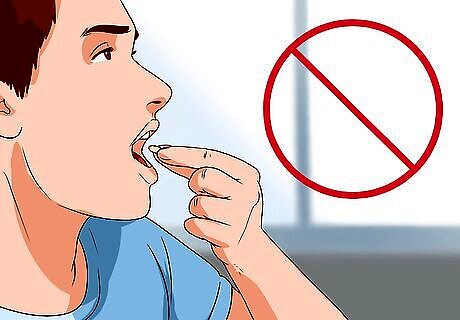
Stop taking valerian if it has no or negative effects after several weeks. Of course, if it has immediate negative effects, stop taking it immediately. If you don't notice any change for several weeks, it might be time to move on to other methods of reducing anxiety.
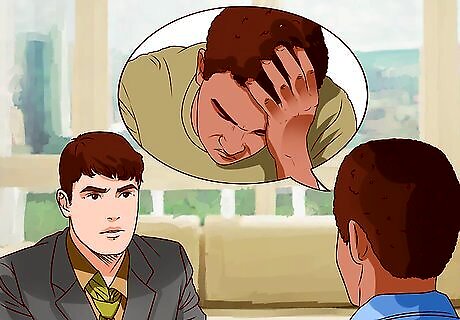
Talk to a mental health professional if your anxiety is severely impacting your daily ability to function. Even if you are experiencing some relief from valerian, if your anxiety is high enough that it affects your ability to function, therapy may be able to help. You may even need medication such as an SSRI to help your anxiety. At any rate, a mental health professional will be able to help you make that assessment. If you are unsure whether you need a mental health professional, it's always a good idea to go and talk it over with that mental health professional. They'll be able to assess whether you would benefit from additional therapy.

Talk to a doctor about valerian and alternatives. You may need to see a doctor in order to know what you need for your stress and anxiety. A doctor may have some additional natural recommendations and can also prescribe anti-anxiety medication, if necessary.




















Comments
0 comment